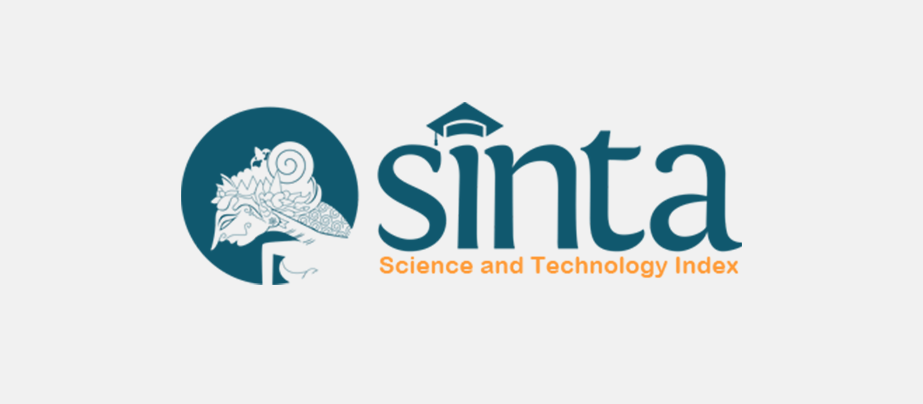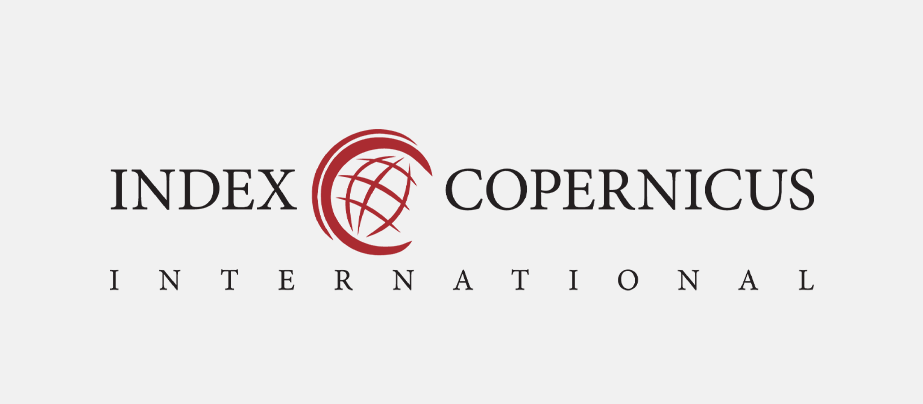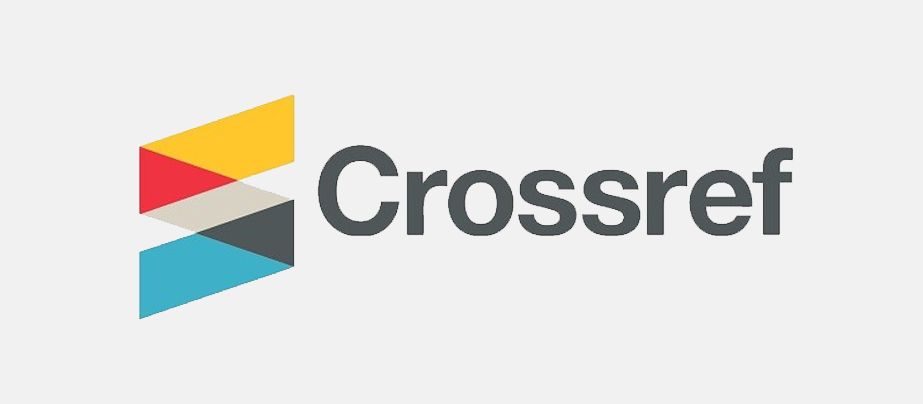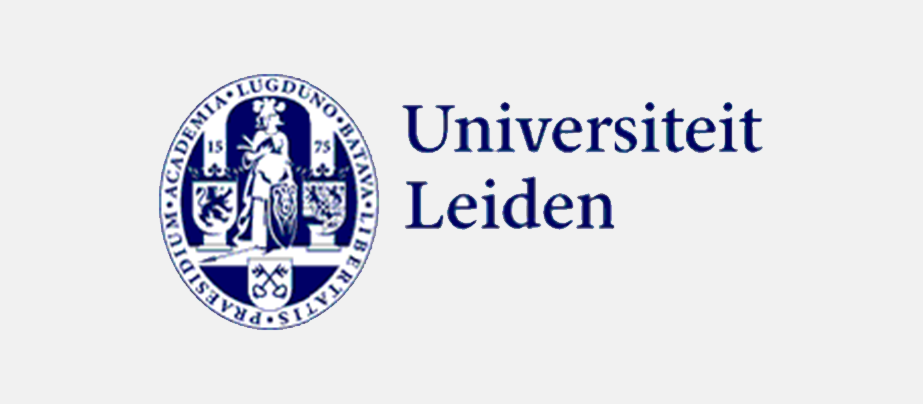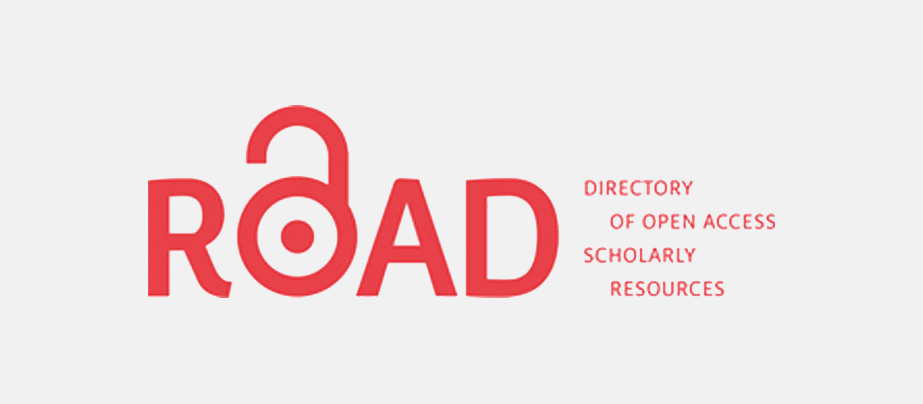Tawhidic Based Public Policy: A Theoretical Overview
Abstract
Keywords
Full Text:
PDFReferences
Ahmad, Khurshid. 1980. Economic Development in an Islamic Framework in Studies in Islamic Economics. Leicester: Islamic Foundation pp. 171-190.
Al-Faruqi, I.R. 1982, Al-Tawhid: Its Implications for Thought and Life. Herndon,Virginia, The International Institute of Islamic Thought.
Al-Qadri, Anwar Ahmad. 1973. Islamic Jurisprudence in the Modern World. Karachi, Pakistan.
Chapra, M.U. 1979, The Islamic Welfare State and its Role in the Economy, Leicester, UK: The Islamic Foundation.
Chapra, M.U. 1992, Islam and the Economic Challenge, Leicester, The Islamic Foundation.
Chapra, M.U. 2001, Islamic Thought and the New Global Economy, Islamic Economic Studies, September, vol.9, No.1
Choudhury, Masudul Alam. 1986. Contribution to Islamic Economic Theory. London: Macmillan Press Ltd.
Choudury, M,A. and Hoque, M.Z. 2004, An Advanced Exposition of Islamic Economics and Finance, New York, Edward Mellen Press.
Goldsmith, A.A. 1995, The state, the market and economic development: A second look at Adam Smith in theory and practice. Development and Change, Vol. 26.
Kahf, Monzer. 1991. The Economic Role of State in Islam. Paper at the seminar on Islamic Economics, Dakka, Bangladesh, 1991.
Kahf, Monzer. 2000, Principles, Objectives, and Tools of Market Regulation in Islamic Perspectives. Paper for the seminar on Islamic approach to market regulation and economic stability, Tehran, Iran November 2000
Mannan, M.A. 1970, Islamic Economics: Theory and Practice, Delhi, Sh.M. Ashraf.
Middleton, R. 1996, Government Versus the Market. Cheltenham: Edward Elgar.
Naqvi, S.N.H. 1981, Ethics and Economics: An Islamic Synthesis, Leicester, Islamic Foundation.
Siddiqi, Muhamad Nejatullah. 1989. Tawhid: The Concept and the Process in Reading in the Concept and Methodology of Islamic Economics, Translating Islamic Principles into Socio Economic Realities. Selangor: Pelanduk Publication. pp. 1-20
Stiglitz, J. 1985. Credit Markets and the Control of Capital. Journal of Money, Credit, and Banking 17(2): 133–52.
Stiglitz, J. 1998. Redefining the Role of the State: What should it do? How should it Do it? And How should these decisions be made?. Paper presented on the Tenth Anniversary of MITI Research Institute, Tokyo, Japan.
Stiglitz, J. 2007. “What Is the Role of the State?.†Paper in The Ford, MacArthur, and Mott Foundations
Tanzi, V. and L. Schuknecht 2000, Public Spending in the Twentieth Century: A Global Perspective. Cambridge: Cambridge University Press.
DOI: http://dx.doi.org/10.22373/jms.v17i2.1940
Refbacks
- There are currently no refbacks.
Copyright (c) 2017 Media Syari'ah
All papers published in Media Syari'ah : Wahana Kajian Hukum Islam dan Pranata Sosial are licensed under a Creative Commons Attribution-ShareAlike 4.0 International License. |



.png)


.png)
.png)
.png)



